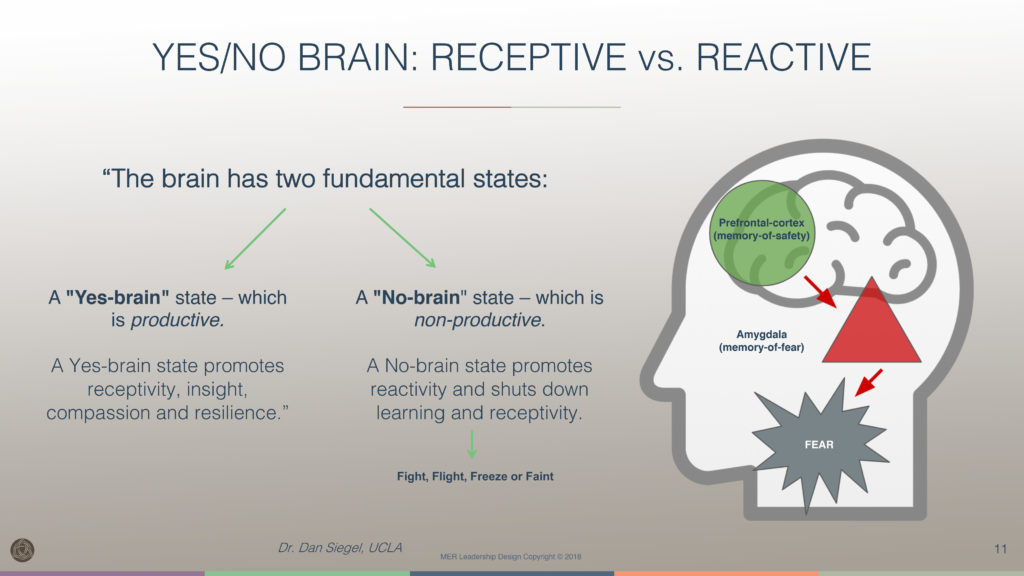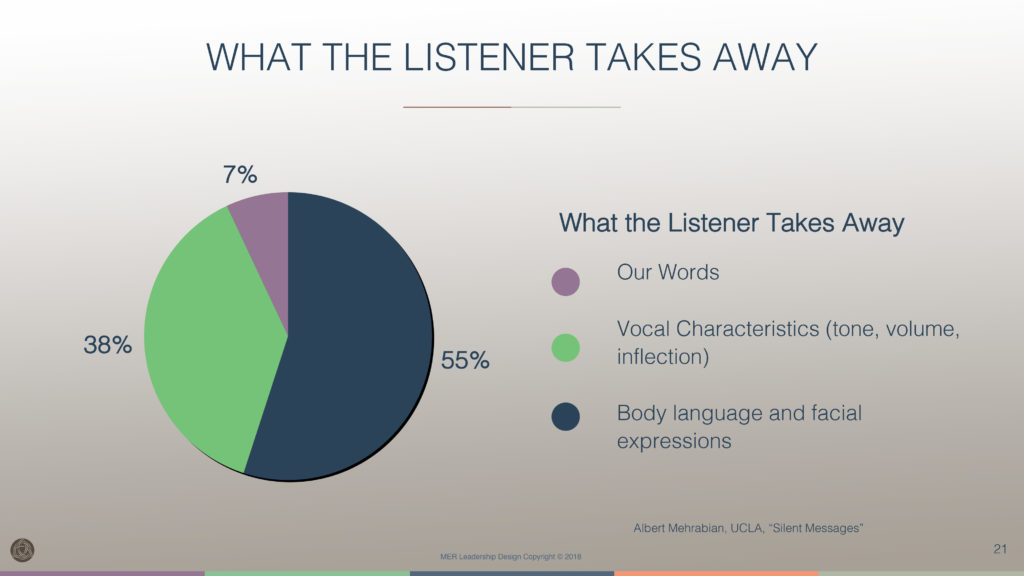This week in social media news, YouTube officially lifts their ban on COVID-19 content, TikTok shares their relief efforts, Pinterest releases new ways to shop and highlights small businesses in the process and Twitter begins to allow some brands to reference COVID-19 in ads.
YouTube Ends Monetization Ban On COVID-19 Content
According to an update from Search Engine Journal, YouTube’s recently published help document authorizes content that references or features COVID-19 for monetization, so long as it upholds “Advertiser-friendly and Community Guidelines.”
Why it matters: While the monetization ban had already been lifted or select channels, the change has now been rolled out throughout the platform.
The details: While YouTube is opening up monetization for ads featuring COVID-19 mentions, there are still conditions that could lead to ads still being ‘out of bounds’ for the platform. Namely, the ban still affects content deemed distressing, misinformative or featuring a prank/challenge related to the pandemic.
TikTok Pledges $250M For Critical Coronavirus Relief
A press release from TikTok outlines the nascent platform’s COVID-19 relief efforts.
Why it matters: As outlined in the press release, TikTok’s president echoed the fact that these are challenging times for everyone. “Alongside businesses, governments, NGOs, and ordinary people across the globe stepping up in this critical moment, we are committed to offering the very best that we can to help out humanity.”
The details: Alex Zhu, President of TikTok, outlined the pandemic relief efforts the platform is involved in, including donations to the TikTok Health Heroes Relief Fund, TikTok Community Relief Fund and the TikTok Creative Learning Fund. In addition, the platform is helping SMBs restart and rebuild with an allotment of $100M in ad credits.
Twitter Removes Users’ Ability To Control Mobile App Ad Data
Twitter is making updates to its data sharing policy to utilize information such as in-app ads and unique IDs of devices.
Why it matters: The update will improve Twitter’s usage tracking issues and problems with its Mobile Application Promotion (MAP) framework, which, according to The Verge, recently led to a huge miss in earnings.
The details: As Twitter notes: “Twitter shares certain non-public personal information with certain digital advertising platforms to help measure and optimize the effectiveness of our efforts to market Twitter on those platforms. […] These advertising platform partners act as data controllers for this information.” Twitter shares this information with Facebook and Google. What users will be able to control is whether to share non-pubic data to improve Twitter’s marketing activities.
Facebook’s Ad Review System Fails To Spot Coronavirus Misinformation
Consumer Reports tested Facebook’s ad review system by setting up a made-up organization and creating ads containing misinformation about the coronavirus. Facebook, failing to notice any violations, approved all the ads.
Why it matters: Though Consumer Reports pulled the ads before they were published, the test exposes holes in Facebook’s artificial intelligence-enabled ad review process to prevent misleading claims during coronavirus.
The details: In March, as a result of the crisis, Facebook announced it was sending all global content reviewers home with the intention of relying on automated review systems.
Instagram Rolls Out Desktop Direct Message To Some Users
According to Business Insider, many users are starting to notice Instagram direct message on desktop after Instagram announced it was testing the feature in January.
Why it matters: The ability to direct message on Instagram will be particularly useful for brands looking to stay connected with customers amid coronavirus.
The details: Many users have taken to Twitter to share the discovery of having access to Instagram direct message on desktop. Instagram confirmed to Business Insider the feature isn’t available to the entire global community but that it’s working on it.
Facebook Gaming Launches Tournaments Feature
Facebook has released a tournaments feature that lets gamers create brackets, manage participants and organize tournaments.
Why it matters: Head engineer of Facebook gaming Mina Abouseif says Facebook noticed many users were using Facebook events, pages and groups to promote gaming tournaments but the “landscape was very fragmented.” After the pandemic made it apparent that tournament organizers were shifting online, Facebook decided to release the feature early.
The details: With the new feature anyone can organize or play a tournament while simultaneously watching the game. Facebook built fundraising tools into gaming videos to allow creators to support charitable causes. Tournament organizers are required to coordinate matches in a game and report the results of the match.
Facebook Releases New Messaging App For Couples Called Tuned
Called Tuned, Facebook’s new app for couples comes from its small team established last year, New Product Experimentation (NPE), which creates new social media products from scratch, as reported by The Information.
Why it matters: Tuned is the fifth app from the NPE team since it was formed in July 2019. Other apps from NPE include Hobbi, a Pinterest-like app for collecting images of creating hobbies; Whale, a meme making app; AUX, an app where users try to get their song on a group playlist; and Bump, a chat app for connecting nearby students with each other.
The details: On the app store, Tuned is described as such: “With Tuned, you can be as mushy, quirky, and silly as you are together in person, even when you’re apart. Creatively express your love, share your mood, exchange music, and build a digital scrapbook of your special moments.”
This week in social media news, Pinterest releases new ways to shop and highlights small businesses in the process, Twitter begins to allow some brands to reference COVID-19 in ads and Snapchat adds an AR donation tool for coronavirus relief.
Pinterest Adds “Shop” Functionality To Search To Highlight Small Businesses
Pinterest added functionality so Pinners can shop directly from Pins, on boards, from search and through new browsable recommendations, according to their latest press release.
Why it matters: Pinterest released insights noting that “7% of top searches [on the platform] are unbranded, meaning people come to Pinterest to shop for generic terms and not specific brands, leveling the playing field for businesses of all sizes to be discovered.”
The details: Pinners are now able to shop directly from a board, search and pins while also providing a blue check mark to denote trusted partners on the platform.
Snapchat Launches AR Donation Tool For COVID-19
Snapchat launched its first AR donation tool today to encourage support for COVID-19 relief.
Why it matters: Snap Inc.’s director of creative strategy, Jeff Miller, puts it like this: “Over three quarters of our Snapchatters engage with AR each day, so we built a global experience based on this behavior to draw the connection between loose bills and real change.”
The details: Snapchat is now allowing users to use the app’s AR camera technology to scan 23 international currency notes across 33 countries, which then triggers an AR visualization of ways their donations can support the World Health Organization.
Twitter Loosens Ban On Coronavirus Ads
Twitter is now allowing some brands to mention COVID-19 in their ads, a move that revises the platform’s stance on blocking all mentions of the virus within promoted tweets.
Why it matters: Brands that need to deliver crisis communications through Twitter can now breathe a little easier if their content meets Twitter’s qualifications.
The details: Twitter will allow ads mentioning COVID-19 if they are related to “adjustments to business practices and/or models in response to COVID-19,” as well as “support for customers and employees related to COVID-19.”
Pinterest Releases Monthly Trends Report
Brands have been requesting information on how people are using Pinterest during coronavirus so Pinterest adapted its monthly trend report to focus on “Pinners’ needs during this crisis.”
Why it matters: With rampant layoffs and business closures, brands are in need of ways to connect with their consumers. Pinterest’s trend report could help brands tailor content to what Pinners want to see and shop.
The details: Pinterest released its top searches across its global audiences with numbers calculated from search activity over the last few weeks. Searches for home bodyweight workouts are up 205 percent, self care at home saw a 332 percent increase, work from home with kids is up 1,657 percent, searches for yeastless bread recipes are up 4,400 percent and home haircuts saw an increase of 417 percent.
Google, Facebook Share Location Data To Help Plan Coronavirus Containment
Google and Facebook have started sharing location-tracking data with various global authorities to help inform their coronavirus containment strategies. The US has been reluctant to follow in the footsteps of some Asian nations that have used smartphone location data to track those infected with coronavirus.
Why it matters: Providing authorities with an even more in-depth level of data tracking may be helpful for planning social distancing orders but could also lead to new concerns about people’s privacy and rights.
The details: Data released by Facebook and Google include no personally identifying markers, however, it does track people’s movement. According to Reuters, Facebook has shared mobile location data with US cities and states as part of its nearly year-old Disease Prevention Map program. Google also released its Mobility Reports in 131 countries and regions, showing foot traffic trends at different locations over time.
ZmURL Tool Lets Users Customize Zoom Link Previews
According to TechCunch, a recently launched free tool called ZmURL lets users customize Zoom invite URLs with a headline, description and image that appears when shared across social media. The tool also lets users require attendees RSVP to Zoom meetings by entering their email address.
Why it matters: ZmURL can help protect users against “Zoombombing,” the act of malicious actors tracking down public Zoom calls and bombarding them with profanity and offensive screenshared imagery, a common occurrence since the pandemic began and as Zoom’s daily user count has surged from 10 million to 200 million.
The details: Software engineers Danqing Liu and Victor Pontis built a beta of ZmURL and tested it with some yoga instructors who found the tool useful in promoting events and collecting RSVPs. To use ZmURL, you create a generic meeting link on Zoom then input it into ZmURL, which generates a shorter URL.
Twitch Reaches Record-Breaking 1.1 Billion Hours Watched in March
Last month Twitch amassed 1.1 billion hours watched, the largest number of views in the platform’s nine year history.
Why it matters: With social distancing orders in effect, many are stuck at home and are turning to live streaming platforms for entertainment or to experiment with broadcasting.
The details: Twitch grew from 982 million hours watched in February to 1.1 billion hours watched in March, equating to a 20 percent growth.
Short-Form Video Platform Quibi Launches
Created by Jeffrey Katzenberg and Meg Whitman, Quibi will offer movies, reality shows and news programs for mobile, with all installments coming in at 10 minutes or less.
Why it matters: Quibi’s launch during the coronavirus crisis means it must compete against streaming platforms like Netflix and Amazon Prime Video, which have seen an uptick in viewership recently as people remain in quarantine.
The details: Quibi’s offerings span three categories including movies that will be released in chapters, documentaries and unscripted reality shows and quick-hit news and sports reports. The app costs five dollars a month with ads and eight dollars without ads.
Our weekly social media news post is updated daily. This installment will be updated until Friday, April 10. Have a news tip? We’re looking for changes to and news surrounding social media platforms as they relate to marketing. Let us know at editorial@alistdaily.com.


